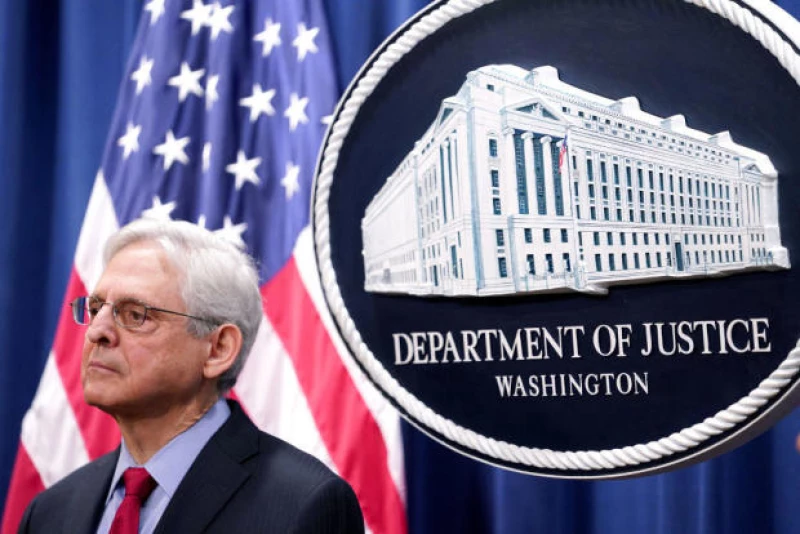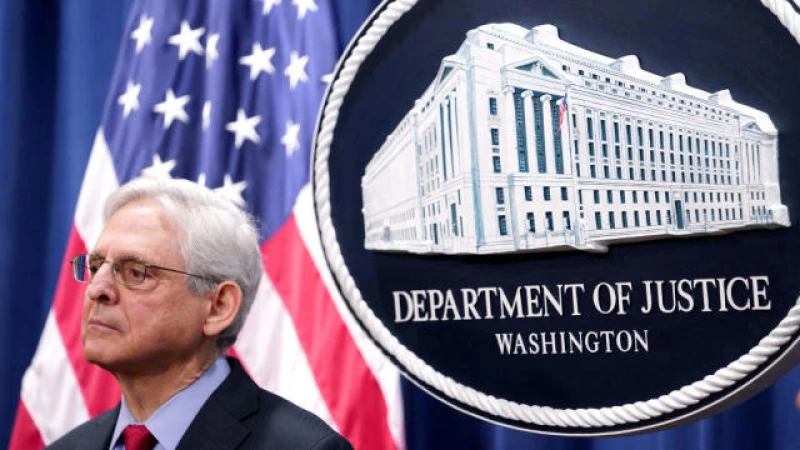Washington — Attorney General Merrick Garland firmly rejected any suggestions of altering former special counsel Robert Hur's report regarding President Biden's handling of classified records, labeling the idea of censoring Hur's findings as "absurd."
Garland's statement is significant as he, a former federal judge, seldom engages with his critics in public. He usually emphasizes his preference for allowing the Justice Department's work to speak for itself.

Controversy Surrounds Report on President Biden's Memory
Amidst a recent report on President Biden's memory, there has been controversy over the descriptions used. Some of Mr. Biden's supporters believe that Attorney General Garland should have intervened to remove the unflattering portrayals. The President's legal team had reviewed a draft of the report prior to its publication and had expressed concerns about certain descriptions of the President's memory.
Advertisement
In a letter dated February 7 addressed to the Attorney General, White House counsel Edward Siskel and the President's personal attorney Bob Bauer raised objections to the language used by Hur in the report, citing violations of Justice Department policy. They criticized the "pejorative" tone and deemed it unnecessary and baseless.
Despite the objections from Mr. Biden's legal team, a senior Justice Department official defended the report, stating that the descriptions were appropriate and not unfairly biased.
The transcript of Hur's interview with President Biden in October was made public before his recent testimony before Congress, shedding light on the extensive five-hour conversation. While some memory lapses were evident, the President also demonstrated a recollection of specific details from past events.
Hur assured lawmakers that Attorney General Garland did not interfere with the investigation process, allowing for a fair and impartial assessment.
Attorney General Garland Emphasizes Role as Lawyer for American People
During a recent press conference, Attorney General Garland reiterated his commitment to serving as the lawyer for the American people, rather than just the president. He stated, "He wanted me to serve as the lawyer for the American people, not the lawyer for the president. I sincerely believe that that's what he intended then, and I sincerely believe that's what he intends now."







